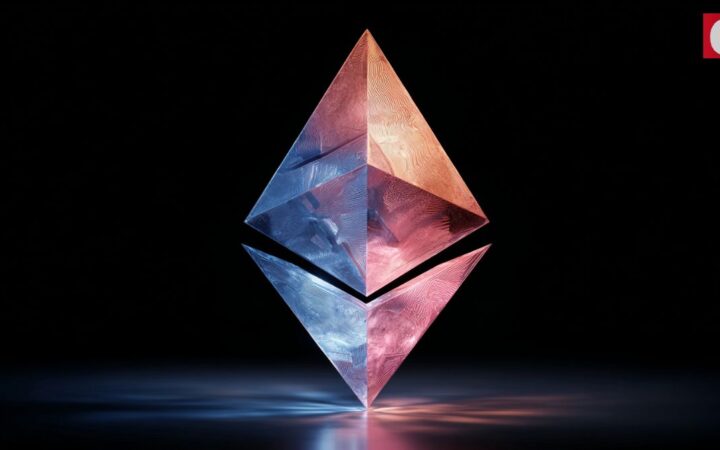
Christopher Haruna Hamman is a Freelance content developer, Crypto-Enthusiast and tech-savvy individual. He is also a Superstar Content Developer, Strategy Demigod, and Standup Guy.
Blockchain startup BloXroute and Akomba Labs developed a solution which halves block production time on the Ethereum blockchain.

Now it what may be a breakthrough for the Ethereum blockchain a blockchain advisory and product development firm Akomba Labs has offered a solution that allows the creation of blocks on the Ethereum blockchain twice as fast as before. Sources indicate that Akomba Labs in collaboration with BloXroute ran “BloXroute’s” Blockchain Distribution Network” on a Singaporean-based Ethereum node between November 11th and November 27th.
The results showed that the blockchain propagation time dropped from an average of about 360 milliseconds to about 172 milliseconds. The blockchain propagation time refers to the amount of time it takes for nodes along a particular blockchain to become aware of the existence of a new block.
According to sources Uri Klarman CEO of BloXroute indicated:
“Ethereum feels the burn of the scalability bottleneck more than any other blockchain out there. It’s losing momentum, it’s losing market share. They feel the problem. Most others don’t.”
BloXroute’s Blockchain Distribution Network employs the use of a reduction in the size of a transaction sent across the blockchain. This, of course, lowers the fees on a proof-of-work model and also due to reduced transaction size improves network speeds without adding to the blockchain itself in terms of extra load. This, of course, creates awareness across all the nodes and also lets whichever nodes that want to start transaction confirmation do so because the nodes are all aware of the existence of the incoming block. Klarman also said:
“We don’t send the entire block because if the other gateways know the transaction out of there, you don’t need to send the actual data itself – only pointers saying which transactions are there”
In September, initial tests also indicated positive results and transaction speeds increased by up to 25 %.
Transaction fees have become a problem for the Ethereum blockchain and many solutions have been brought to the table to fix this. Ethereum miners had already voted by consensus to marginally increase the gas limits which was a move seen to aid in reducing the crowded blockchain but instead the remaining space was competed for and extremely reduced as those who could pay the higher gas fees paid them.
This year hasn’t been a great year for Ethereum as such. The blockchain and its member shave collectively failed to meet their stated targets for the implementation of hard forks which are meant to solve problems that are occurring on the blockchain at the moment.
The recent postponement of the latest hard fork has many worried if Ethereum will still be able to bounce back as the King of all decentralized Applications (D’apps). The introduction of programmatic proof-of-work has already caused critics to lash out at Vitalik Buterin on the slow progress being made.
It’s worth mentioning that if BloXroute solution works, then it might also be added to an upcoming hard fork or be deployed in large mines in the future.
Disclaimer: Coinspeaker is committed to providing unbiased and transparent reporting. This article aims to deliver accurate and timely information but should not be taken as financial or investment advice. Since market conditions can change rapidly, we encourage you to verify information on your own and consult with a professional before making any decisions based on this content.

Christopher Haruna Hamman is a Freelance content developer, Crypto-Enthusiast and tech-savvy individual. He is also a Superstar Content Developer, Strategy Demigod, and Standup Guy.




